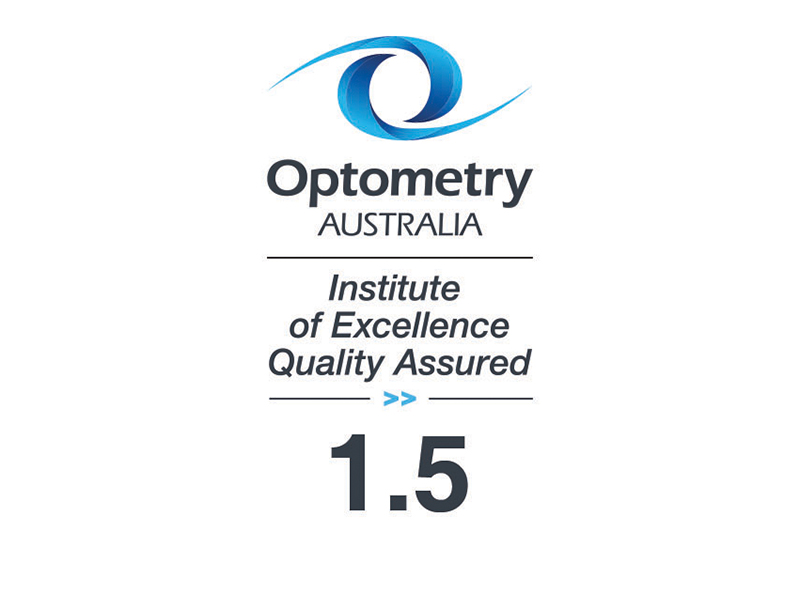At the end of this CPD activity, participants should be able to:
- accurately define, identify and diagnose different types and classifications of age-related macular degeneration (AMD).
- understand clinical practice pearls including documenting GA on Optical Coherence Tomography (OCT), fundus Autofluorescence (FAF) and MAIA Microperimetry.
- understand the symptoms and functional impact of dry intermediate AMD and GA (late AMD) including the role of predictive saccades and central visual processing mechanisms in the presence of foveal-sparing scotomas.
- acknowledge the current management options and the potential future therapies for AMD and progressive GA.
Date: Thursday 27 May
Time: 7pm
Where: Online
Register for the webinar and we’ll send you a link (and a reminder) via email.
About the presenter
Associate Professor Wilson Heriot is a member of MDFA’s Medical Committee.
Since completing his ophthalmology training at the Royal Victorian Eye and Ear Hospital in East Melbourne, A/Prof Wilson Heriot has pursued a career integrating research, education, and practice. Building on that training, A/Prof Heriot’s extensive clinical experience and cutting-edge equipment now allow him to offer a wide range of treatment options.
In 2005, he developed a simple outpatient procedure called pneumatic displacement for treating macula haemorrhages (a major cause of blindness in AMD), which remains widely used around the world.
Then in 2009, A/Prof Heriot commenced a project developing a new method for repairing retinal detachments that would make the repair process more reliable, simpler and offering faster postoperative recovery. Confirmation that the method works, in principle, was published in 2016.
A/Prof Heriot’s current research program includes investigating the defining characteristics of different patterns of diabetic retinopathy to optimise management for individual patients, improving management of central retinal vein occlusion (including treatment with laser-induced chorioretinal anastomosis) and the mechanism of chloroquine retinal toxicity.

You might be interested in…
Macula Matters
Macula Matters is our free quarterly email newsletter for eye health professionals, providing updates on latest issues relating to macular disease.







